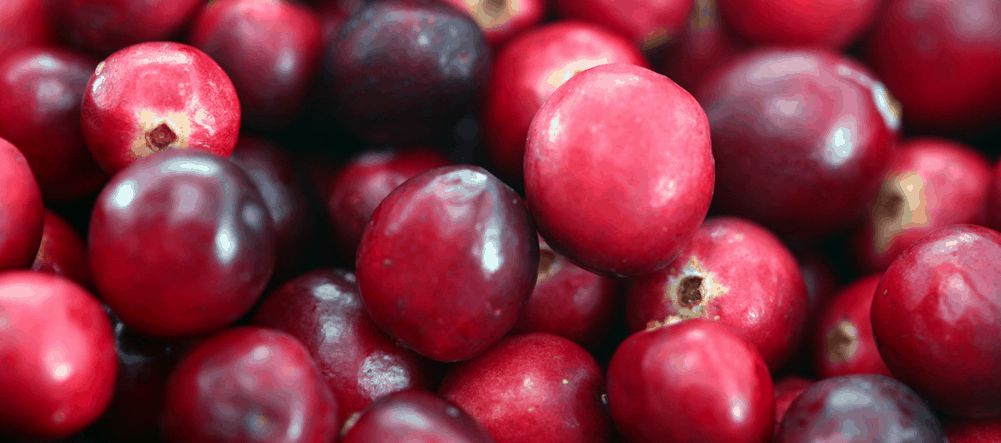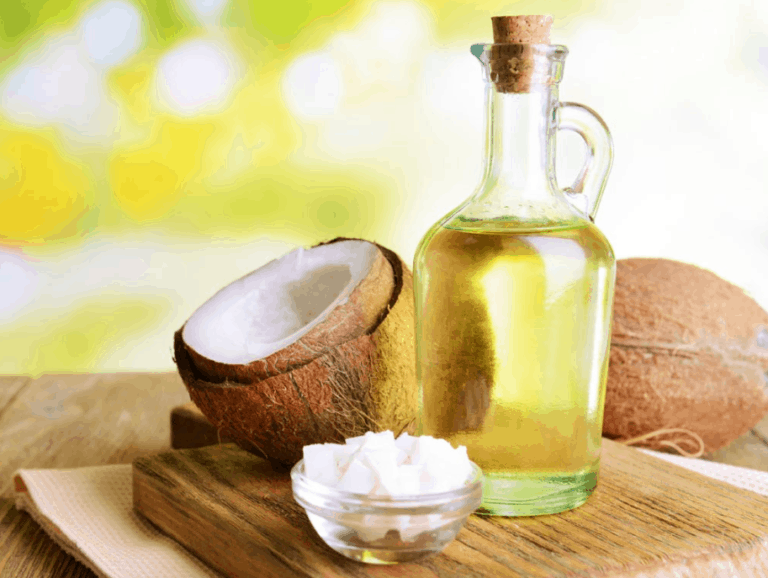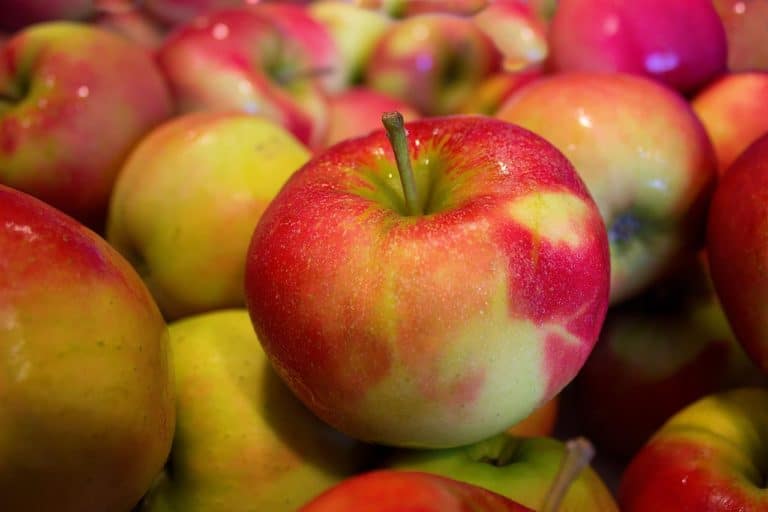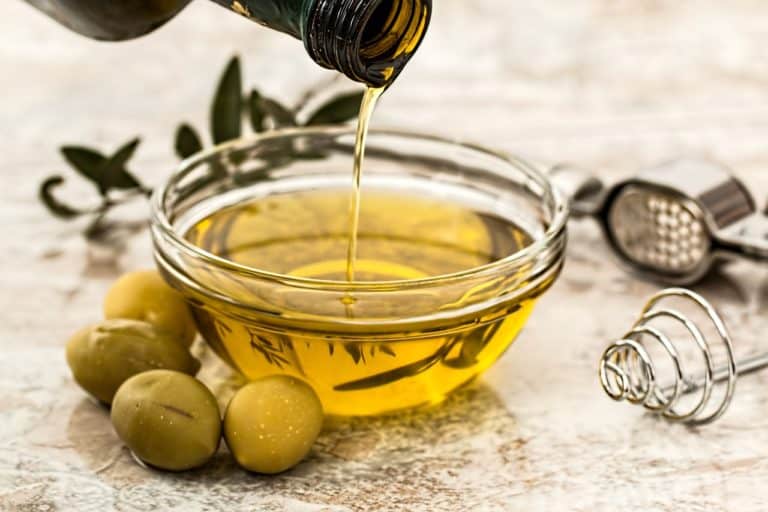Women have long relied on cranberry pills and juice to treat or prevent urinary tract infections, but cranberries can also benefit men. Taking cranberry products regularly can help support prostate health and may reduce the symptoms of prostatitis, an enlarged prostate, and urinary tract infections.
Cranberries (Vaccinium macrocarpon) have been used for centuries for their medicinal properties. Native Americans prized cranberries for their ability to fight bladder and kidney infections, while early settlers in North America used the fruit to treat scurvy. In addition to being an excellent source of vitamin C, cranberries are also high in proanthocyanidins (PACs), which are polyphenol antioxidants.
Cranberries for Urinary Tract Infections
Studies have suggested that the A-type proanthocyanidins present in cranberries are better than B-type proanthocyanidins in preventing the attachment of bacteria to the walls of the urinary tract. This helps prevent and treat infections.
A study published in JAMA in 1994 evaluated the efficacy of cranberry juice for the reduction of bacteria in the urinary tract. The researchers conducted a randomized, double-blind, placebo-controlled study of 153 elderly women. Baseline urine samples were collected, and six clean-voided urine samples from each woman were analyzed at each one-month interval. The women in one group consumed 300 mL of a commercially prepared cranberry beverage every day, while the control group consumed a non-cranberry beverage that looked the same, tasted the same, and had the same vitamin C content as the cranberry drink. At the end of the study, the researchers concluded that regularly consuming a cranberry beverage reduces the frequency of bacteria in the urinary tract.
Cranberries for BPH and Prostatitis
Benign prostatic hyperplasia (BPH), or an enlarged prostate, is a condition that often results in undesirable urinary symptoms. Examples include difficult, urgent, and frequent urination. Men with prostatitis, or an inflamed prostate gland, also experience urinary symptoms like these. Some men also experience frequent nighttime urination, dribbling, or a weak urinary stream. Some studies have suggested that using cranberries for prostatitis or as a supplement for BPH regularly can help reduce or resolve these urinary symptoms.
A study published in the British Journal of Nutrition examined the use of cranberries for urinary symptoms in men with BPH and prostatitis. For six months, researchers administered 1,500 mg of a cranberry extract powder to 21 men. The men were instructed to avoid consuming other foods that are high in phenolic compounds, such as blueberries, cherries, and grapes. The 21 men in the control group were likewise instructed, however the control group did not receive the cranberry extract. After six months, the men who received the cranberry extract reported improvements in the rate and amount of urine flow, urinary urgency, frequency, straining, and nighttime urination. The quality of life scores for that group of men also improved. The men did not report any adverse effects.
How to Use Cranberries for Prostate Health
It’s important to work with your doctor to develop a treatment plan for any prostate problem. In addition to your treatment plan, talk to your doctor about taking cranberries. You can make a habit of drinking cranberry juice in the morning (select the unsweetened varieties). If you’d rather not consume cranberries every day, taking a supplement is a good way to ensure that you get a high dose of cranberry extract.







